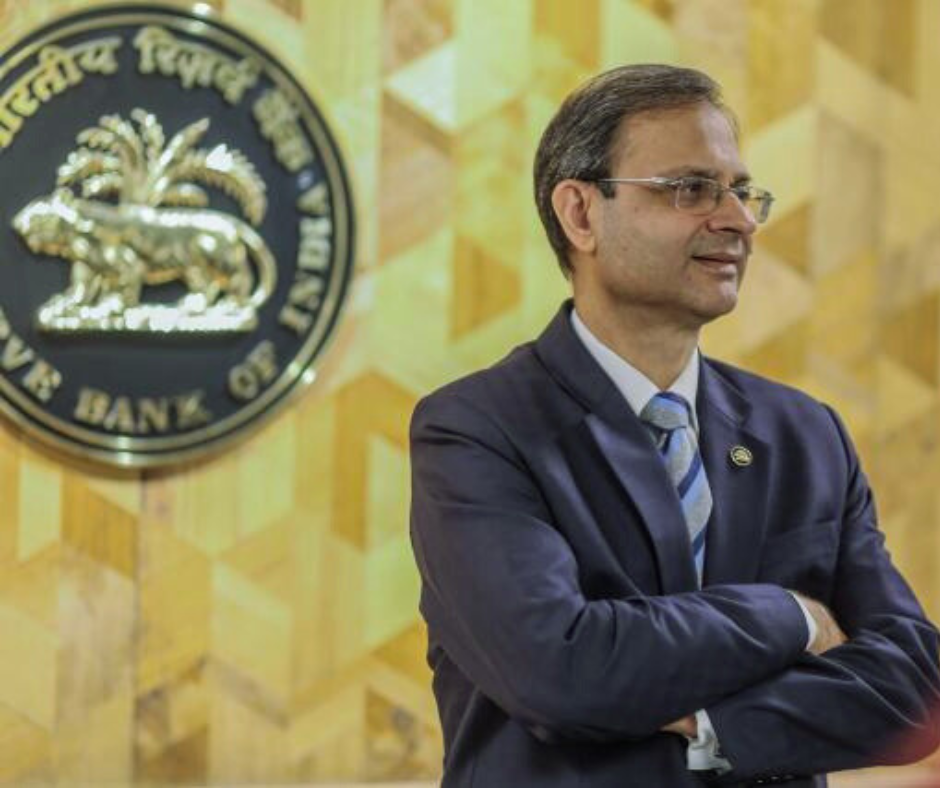Brexit Trade Tensions Persist as EU Negotiations Stall
Months after the official departure of the United Kingdom from the European Union, Brexit trade tensions remain a focal point in global politics as negotiations between the two parties continue to face significant challenges. The latest round of talks has been characterized by a stalemate, with both sides failing to reach consensus on key issues ranging from trade regulations to fisheries and governance.
Since the implementation of the Brexit agreement at the beginning of the year, trade relations between the UK and the EU have been fraught with uncertainty and friction. The absence of a comprehensive trade deal has led to disruptions in supply chains, increased bureaucracy, and rising tensions between the two trading partners.
One of the most contentious issues in the negotiations has been the question of regulatory alignment and market access. The EU has insisted that the UK must adhere to a level playing field in areas such as labor standards, environmental protections, and state aid rules to ensure fair competition. However, the UK government has pushed back against what it perceives as undue interference in its sovereignty, arguing for greater flexibility and autonomy in regulatory matters.
Another sticking point in the negotiations has been the issue of fisheries, with both sides vying for control over access to fishing waters and quotas. The EU has called for continued access to UK fishing grounds for its fleets, citing the importance of the sector to coastal communities across Europe. In contrast, the UK has sought to assert its sovereignty over its territorial waters and has advocated for a more equitable distribution of fishing rights.
Despite multiple rounds of negotiations and high-level talks between UK and EU officials, progress has been slow, and significant gaps remain between the two sides. The looming threat of tariffs and trade barriers continues to cast a shadow over the prospect of a post-Brexit trade deal, raising concerns about the economic impact on businesses and consumers on both sides of the English Channel.
The stalemate in Brexit trade negotiations has also raised broader questions about the future of UK-EU relations and the stability of the European trading bloc. With the UK seeking to forge new trade partnerships with countries outside of the EU, including the United States and Commonwealth nations, the dynamics of global trade are undergoing a period of significant flux and uncertainty.
As negotiations between the UK and the EU enter a critical phase, the coming weeks and months are likely to be decisive in determining the shape of future trade relations between the two parties. With the clock ticking and pressure mounting on both sides to reach a compromise, the world watches anxiously as Brexit trade tensions continue to simmer, with far-reaching implications for the future of Europe and the global economy.




